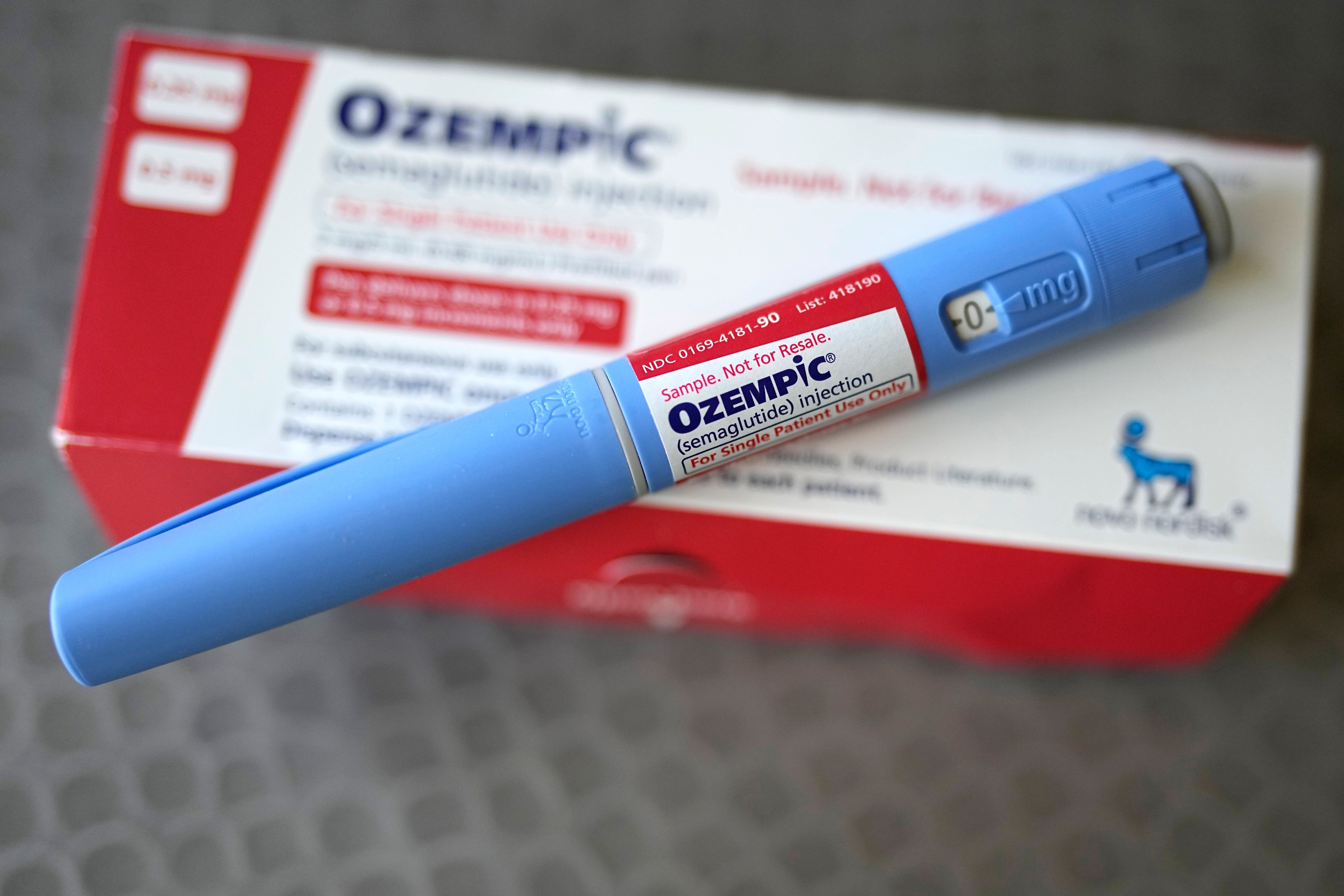New weight loss drugs are on the way — and the health benefits are even more promising
New drugs could improve liver and heart function while reducing side effects such as muscle loss and nausea common to existing medications

Pharmaceutical companies are racing to develop new weight loss drugs following the success of Ozempic and Wegovy — and this latest round of medications could come with more health benefits and fewer side effects.
The development of new GLP-1 drugs has accelerated, NBC News reported, with experts suggesting that they could go beyond diabetes and weight loss management, improving liver and heart function while reducing side effects such as muscle loss that are common to the existing medications.
Researchers are expected to present data on 27 new GLP-1 drugs at the upcoming 2024 American Diabetes Association (ADA) conference in Orlando, Florida.
GLP-1 agonists are commonly used in weight loss medication. They mimic the action of a hormone called GLP-1 by slowing down how quickly food passes through the stomach, leading people to feel fuller longer.
However, some weight loss drugs including Ozempic have been criticized for causing muscle loss and nausea.
“We’ve heard about Ozempic and Mounjaro and so on, but now we’re seeing lots and lots of different drug candidates in the pipeline, from very early-stage preclinical all the way through late-stage clinical,” said Dr. Marlon Pragnell, ADA’s vice president of research and science. “It’s very exciting to see so much right now.”
Although FDA approval is years away for most of these drugs, some could be available for prescription within the next few years.
One such new drug is pemvidutide, which is being developed by Maryland-based biotech firm Altimmune.

The drug contains the GLP-1 hormone, a key ingredient in Ozempic and Wegovy, in addition to glucagon, a blood-sugar-regulating hormone that can mimic the effects of exercise.
Researchers have found that patients who received the highest dose of the drug lost on average 15.6 percent of their body weight after 48 weeks.
Dr. Scott Harris, Altimmune’s chief medical officer, said the drug has been shown to help people lose weight, as well as provide health benefits to the liver and heart. The drug has also shown benefits in preserving lean body mass.
Harris said that people who got pemvidutide lost on average 21 percent of their lean body mass, which is lower than the around 25 percent of lean body mass people typically lose with diet and exercise.
“We’re the next wave of obesity drugs,” Altimmune President and CEO Vipin Garg said. “The first wave of mechanisms was all driven by appetite suppression. We are adding another component.”
Altimmune expects to begin a phase three trial soon. The company hopes the drug will be available in the US sometime in 2028.
But innovation is not limited to GLP-1 drugs alone. Zealand Pharma’s experimental weight loss drug petrelintide, which mimics the hormone amylin, offers a new approach by potentially reducing side effects like nausea that are commonly associated with GLP-1 drugs.
Data shows that a high dose of Petrelintide helped reduce body weight by an average of 8.6 per cent at 16 weeks.
“We’ve witnessed an unprecedented acceleration in the development of GLP drugs,” Dr Pragnell said. “We are now firmly entrenched in the era of the GLP.”
Join our commenting forum
Join thought-provoking conversations, follow other Independent readers and see their replies
Comments
Bookmark popover
Removed from bookmarks